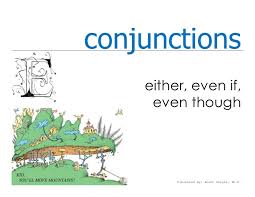
I don’t recall having made a distinction between “even if” and “even though” here in the Forum, but I’m glad that you asked that question.
When “even if” is used, the sense is that of “regardless of what the condition might be” or “whether or not a particular condition or situation applies,” as in the following sentences:
1. “
Even if it floods in Manila tonight, I have to make it to the airport for my flight to Sydney.”
2. “I’ll go on wanting you
even if you tell me not to.”
When “even though” is used, on the other hand, the sense is that of “despite the fact that” or “in spite of the fact that”; it’s an emphatic way of saying “though” and “although,” as in the following sentences:
1. “
Even though the woman searched the park for hours, she found no trace of her lost dog.”
2. “What makes you insist on running
even though you are not qualified?”
We must keep in mind that “even if” and “even though” are not interchangeable. As a rule, use “even if” for an unreal situation or supposition, as in “
Even if I had the money, I wouldn’t buy that gaudy car” (the reality is you don’t have the money); and “even though” for a real situation with an unexpected outcome, as in “
Even though I have the money, there’s nothing I can buy it with in this expensive neighborhood” (the reality is you do have the money).